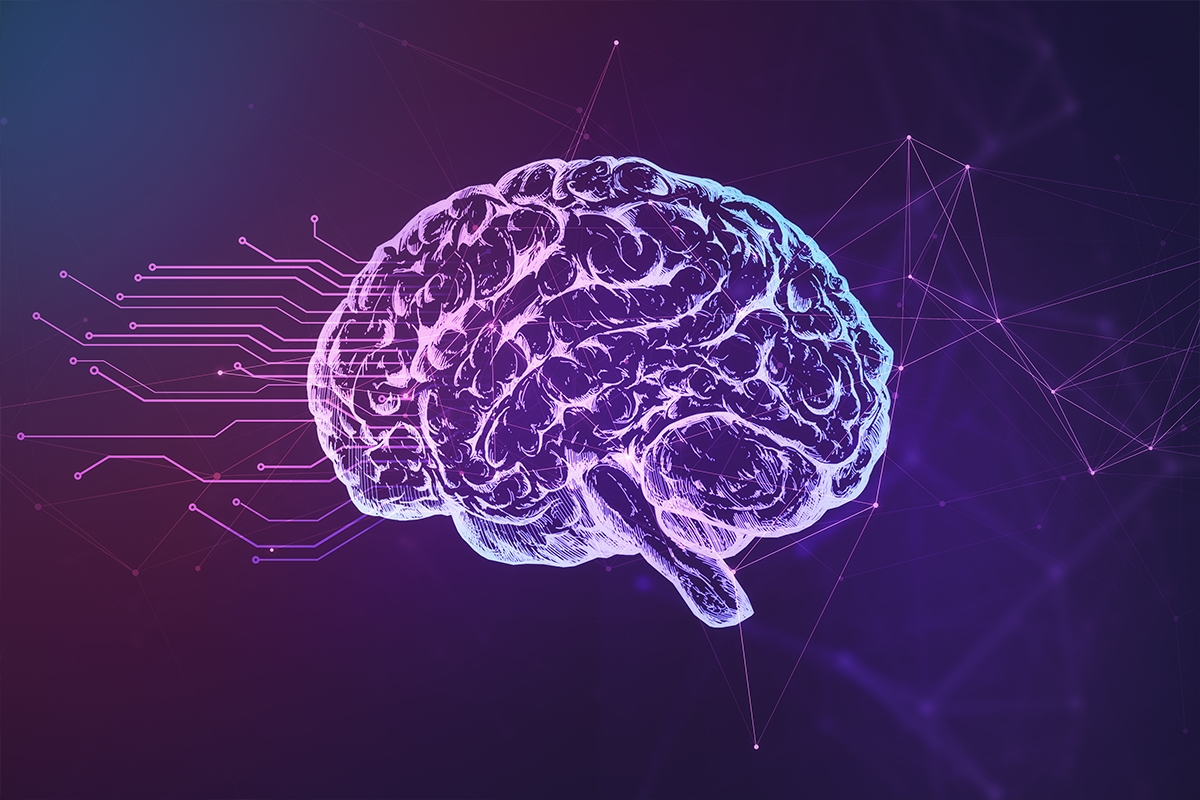The Effect of Quran Recitation on Brainwaves: EEG Studies and Spiritual Calm
In an age marked by rapid mental fatigue, anxiety, and digital overload, the Quran continues to offer timeless solace for the soul and mind. Recent advances in neuroscience, particularly EEG (electroencephalography) studies, are beginning to uncover a fascinating dimension of this ancient recitation: its calming effect on brainwave patterns. By blending spiritual tradition with scientific inquiry, we can better understand how Quranic recitation influences mental tranquility and emotional regulation.
Introduction to Brainwaves and EEG Technology
What Are Brainwaves?
Brainwaves are patterns of electrical activity generated by neurons in the brain. They are classified into five main types: Delta, Theta, Alpha, Beta, and Gamma. Each type is associated with different mental states, such as deep sleep, relaxation, focus, or intense concentration.
How EEG Measures Brain Activity
EEG (electroencephalography) is a non-invasive method used to record electrical activity in the brain. Small electrodes are placed on the scalp to detect and monitor wave patterns, helping researchers understand mental states during different activities.
Relevance of EEG in Spiritual Studies
In recent years, EEG technology has been used to study the effects of meditation, prayer, and now Quran recitation. These insights help bridge the gap between spiritual practices and scientific validation, offering measurable proof of their calming effects.
Quran Recitation and Its Psychological Benefits
A Sense of Peace
Many Muslims report feeling a profound sense of peace and serenity during and after listening to Quranic recitation. This spiritual tranquility is not only emotional but increasingly recognized as a neurological response.
Reduction in Anxiety and Stress
EEG studies have shown that Quranic recitation can lead to a decrease in Beta wave activity (associated with anxiety) and an increase in Alpha wave activity (linked with relaxation), indicating reduced stress levels.
Improved Emotional Regulation
Listening to the Quran regularly has been associated with improved control over emotional responses, especially in stressful environments. This contributes to mental resilience and inner calm.
Scientific Studies on Quran Recitation and EEG
University-Based Research Findings
Several universities across the Muslim world and beyond have conducted EEG-based studies comparing brain activity during Quran recitation versus silence or music. Most show significant increases in Alpha and Theta waves during recitation.
Control Group Comparisons
In one Malaysian study, participants who listened to Quran recitation had a noticeable increase in Alpha waves compared to those who listened to classical music or remained in silence. The calmness induced by Quran was more pronounced.
Neural Synchronization
Some researchers have found that consistent listening to Quranic verses promotes neural synchronization—a state in which both hemispheres of the brain work more harmoniously, contributing to improved mental clarity.
Spiritual and Cultural Context of Quranic Sound
Rhythmic Beauty and Structure
The rhythmic, melodic structure of Quranic recitation is not only aesthetically pleasing but also soothing to the brain. Tajweed rules enhance this effect by regulating pitch, tone, and rhythm.
Language of Revelation
The Arabic language, with its deep phonetic resonance, plays a key role. The sounds and syllables used in Quranic verses are uniquely structured to resonate deeply with the human auditory system.
Spiritual Intent Behind Recitation
Unlike music or speech, Quranic recitation carries spiritual intent. This spiritual focus, combined with divine content, amplifies its emotional and cognitive impact on listeners.
Increased Alpha Brainwave Activity
- Alpha waves are associated with calmness and light meditation.
- EEG studies show a spike in Alpha waves during and after Quran recitation.
- This indicates a mental state of relaxation and increased emotional balance.
- Alpha activity is also linked with reduced symptoms of depression and anxiety.
Enhancement in Focus and Concentration
- Quran recitation reduces mental distractions and enhances attention span.
- EEG scans indicate heightened Theta wave activity, tied to deep concentration.
- Regular listening helps with cognitive retention and memory.
- Focused recitation routines improve study habits in both children and adults.
Benefits for Children’s Cognitive Development
- Quranic recitation helps improve auditory processing in young learners.
- Studies suggest positive effects on language development and memory.
- The rhythmic structure supports early brain development stages.
- Children exposed to Quranic sounds show better emotional regulation.
Therapeutic Applications in Mental Health
- Quran recitation is increasingly used in anxiety and stress therapy programs.
- Hospitals and clinics in Muslim regions use it for patient relaxation.
- It is being explored as complementary support in PTSD treatments.
- Recitation sessions help improve sleep quality and reduce insomnia.
Conclusion
The Quran has long been cherished for its spiritual depth and divine message, but modern EEG studies now also validate its calming effect on the brain. Through increased Alpha and Theta wave activity, reciting or listening to the Quran brings about a state of relaxation, focus, and emotional well-being. At Muhammadan Quran School, we strive to make this transformative experience accessible through our online Quran classes for kids and adults. Whether you’re seeking spiritual calm or cognitive clarity, Quran recitation offers benefits for both the soul and the brain.





Comments